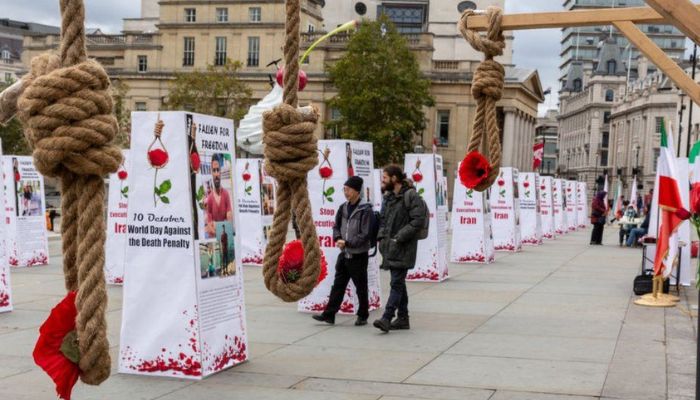The UN human rights body complained on Monday about a sharp rise in executions in Iran this year, which reached 413 people executed since the beginning of 2024. At least 81 individuals were executed in August, up from 45 in July, said a statement by 11 independent UN human rights experts.
The apparatchiks, who are the special envoys of the UN Human Rights Council but act rather independently of the United Nations, pointed to a rising number of executions that year and that among them were 15 women. “We are alarmed at this upsurge of executions as they stated. ”
Currently, Iran executes more people per year than any country except China, and human rights organizations including Amnesty International have started to take an interest in the case. The UN experts pointed out that 41 of the executions in August were drug-related offenses which they has constituted infringement of international conventions.
The experts also noted the aggravation of the use of the death penalty for drug trafficking since 2021, and there were more than 400 such executions in Iran last year. They were worried that the common death penalty trials in Iran have no respect for the international due process They used the trial of Reza Rasaei a Kurdish protester who was executed on August 6. Rasaei was convicted of having committed murder on a member of the Islamic Revolution Guards Corps with the help of torture which was said to have been used to extract a confession from him. It is rather saddening that while co-defendants were parading and denying their statements that implicated him and forensic evidence that pointed out his complicity in the crime was discredited, the execution was, however, affected.
These practices the UN experts described as unlawful, they added that as currently implemented in Iran death penalty amounts to extrajudicial execution due to the denial of fair trial and due process rights. They urged the government to provide answers about whether some of the executed persons were not guilty of the crimes for which they were punished and voiced a concern about the situation in the country pointing to the fact that the practice of executions must be stopped at least until it is definitely proved that the death penalty does not lead to the execution of innocent people.
